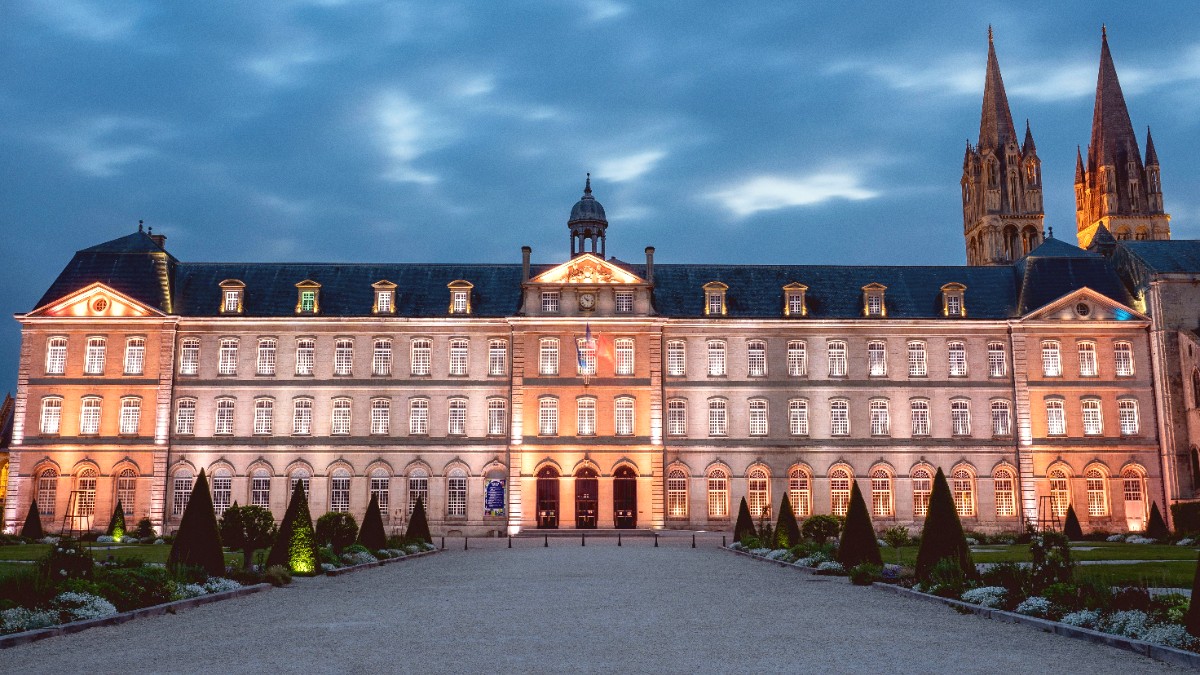
Normandy, France
Normandy's gastronomic identity connects to its agricultural abundance and English Channel access. The region is known for dairy products, apples, cider, and Calvados.
These products derive from centuries of farming traditions and fertile land. The Norman diet historically features hearty, comforting dishes, reflecting the agricultural lifestyle and cool climate.
Lunch (déjeuner) typically 12:00-2:00 PM. Dinner (dîner) 7:00/7:30 PM, peak 8:00-9:00 PM. Restaurants often close between services.
Service charge included. Additional tip for exceptional service, but not expected. Bread served with meals. Tap water upon request. Wine customary.
Breakfast (Petit Déjeuner): Light, coffee/tea with pastries. Lunch (Déjeuner): Can be the main meal, good value with 'formule midi'. Dinner (Dîner): Lighter or elaborate multi-course.
A distinctive smoked sausage from Vire, made from pork chitterlings. A strong, unique flavor.
From Vire, near Caen.
Traditional beef tripe slow-cooked in cider, Calvados, and vegetables. Hearty, flavorful.
A true taste of Norman tradition.
Fresh scallops. Normandy a major producer.
Often prepared with a rich, creamy sauce.
While originating from Dieppe, variations of this creamy seafood stew found in many Norman coastal restaurants.
Local markets provide fresh fruits, vegetables, and regional specialties throughout the year.
Refined experiences with sophisticated cuisine and extensive wine lists.
Numerous options in the city center, especially Rue Saint-Pierre and Place Saint-Sauveur.
Affordable and delicious options for a quick and satisfying meal.
Caen has Italian, various Asian (Vietnamese, Japanese, Chinese, Thai), and Lebanese options.
These provide alternatives to traditional French fare.
'Trou Normand': a small glass of Calvados between courses. Ferme-Auberges: rural farm inns with farm-to-table meals.
These offer distinctive dining traditions.
Large, bustling market on Sunday mornings at Place Saint-Pierre.
A Friday morning market focused on fresh food products.
A covered market with stalls open daily for fresh produce and specialties.
Excellent for affordable pastries, fresh bread, quiches, and sandwiches.
Online resources provide printable Translation cards detailing dietary restrictions in French.
These cards aid clear communication with staff.
Large supermarkets (Carrefour, Auchan, Leclerc) have dedicated sections for gluten-free, organic, and specialty foods.
A good option for self-catering meals.
Some private chefs or culinary schools in Normandy classes focusing on regional cuisine.
Local food markets and seasonal festivals celebrate apples, cider, cheese, and seafood.
Some private chefs or culinary schools in Normandy offer classes focused on regional cuisine.
Local language schools offer short-term French courses for visitors interested in improving their language skills.
Check local art centers for occasional workshops or demonstrations in painting, pottery, or other crafts.
A traditional Norman custom where a small glass of Calvados is served between courses during a long meal.
Believed to aid digestion and revive the appetite.
Rural farm inns that serve meals mainly prepared from produce grown or raised on their own farm.
Offers an authentic farm-to-table experience in the countryside.
Held annually on June 21st, this nationwide event offers free music performances of all genres across the city.
Traditional festivities around the Église Saint-Pierre, often including local markets and entertainment.
Periodically hosted at the Château de Caen, featuring re-enactments, crafts, and historical demonstrations.
Dining out in Caen a delightful experience, but reservations are recommended for popular restaurants, especially on weekends.